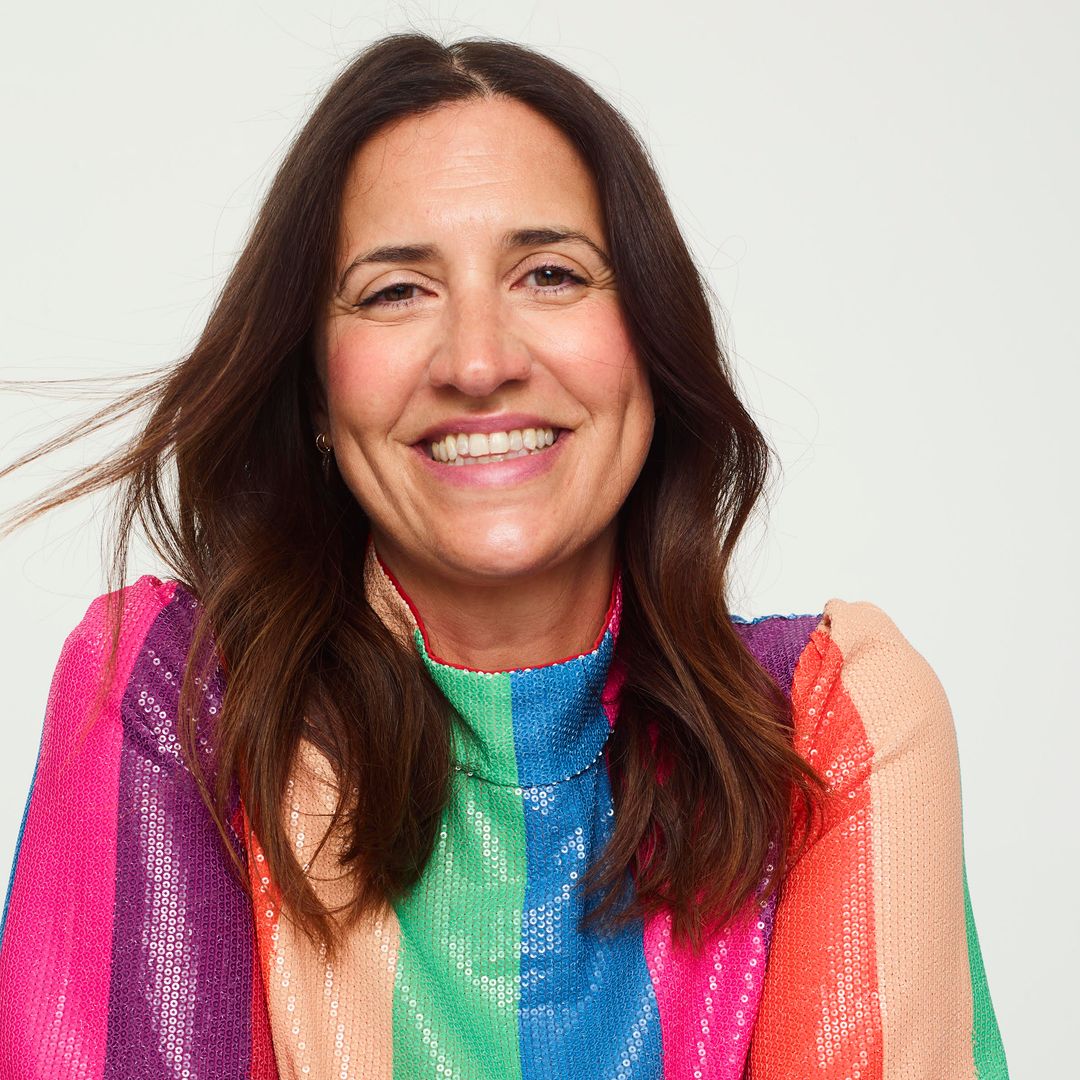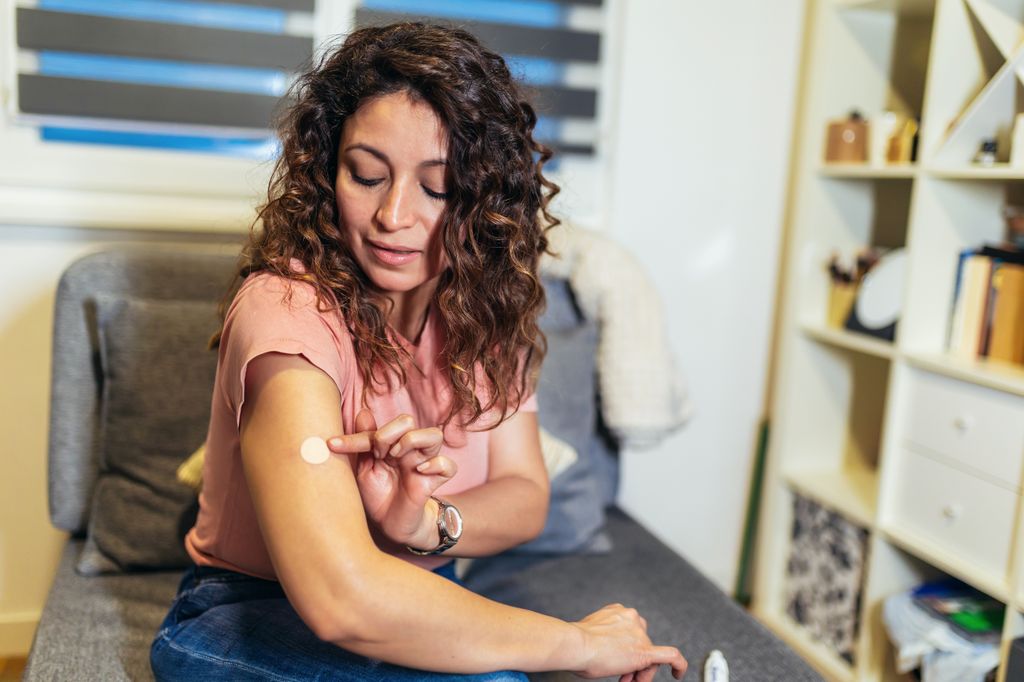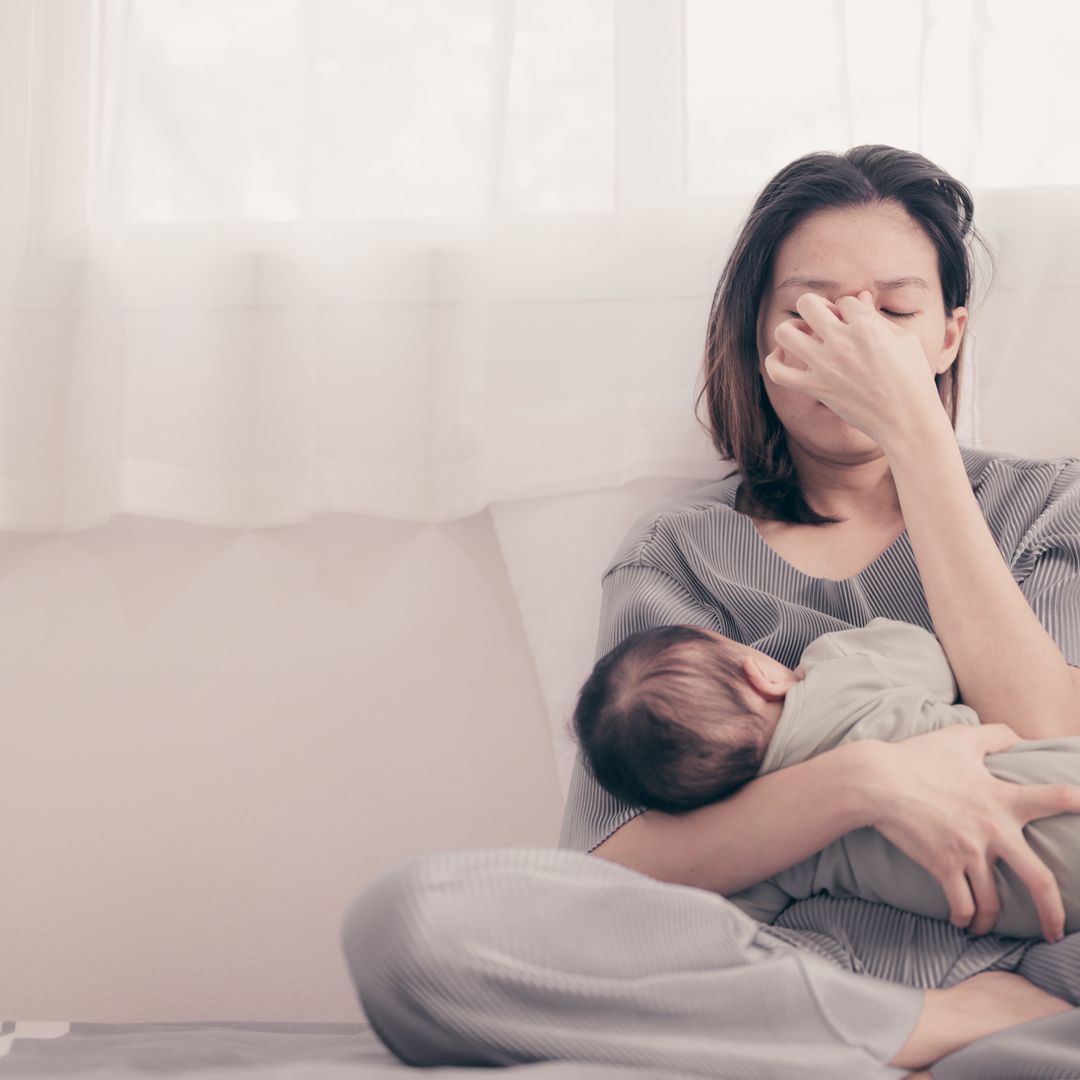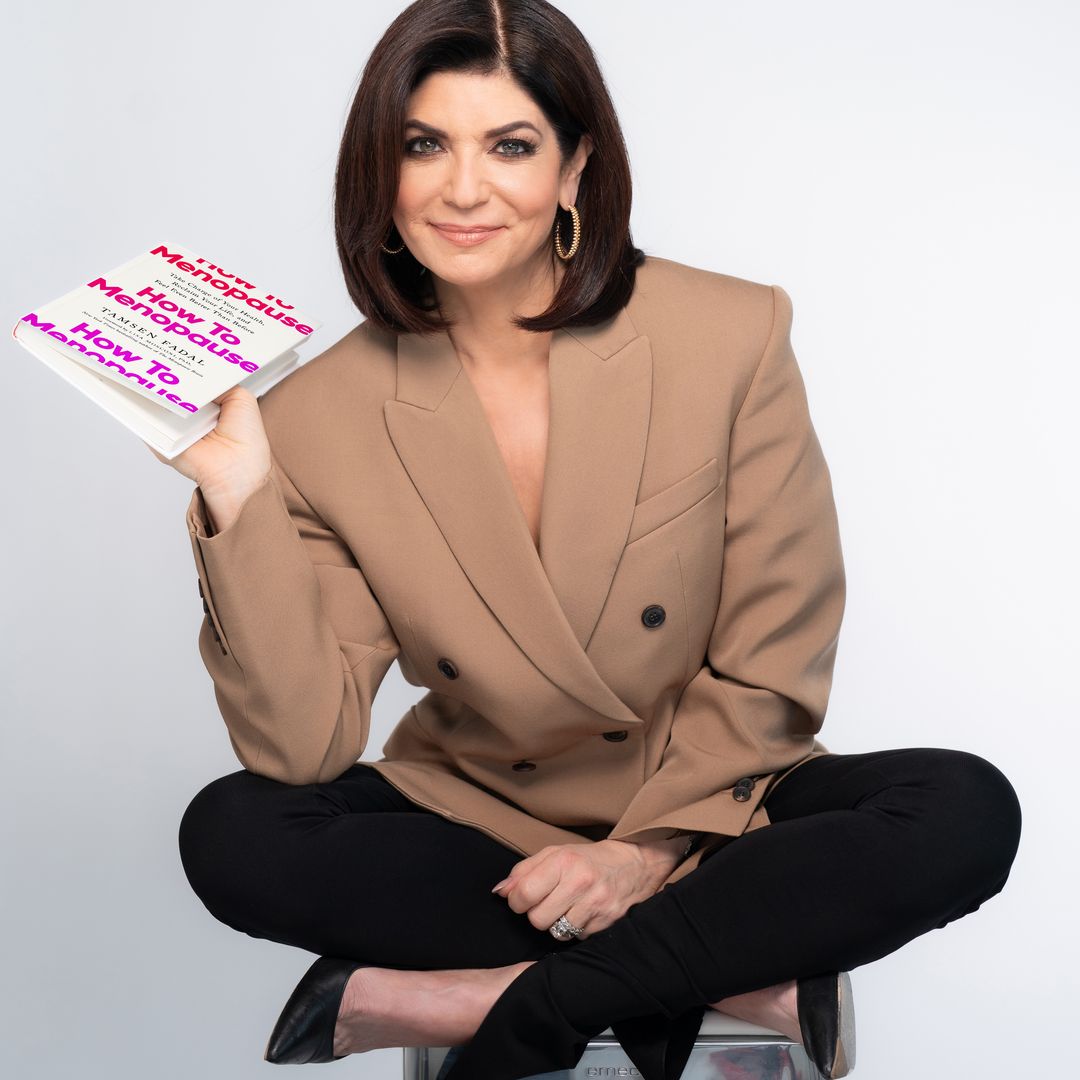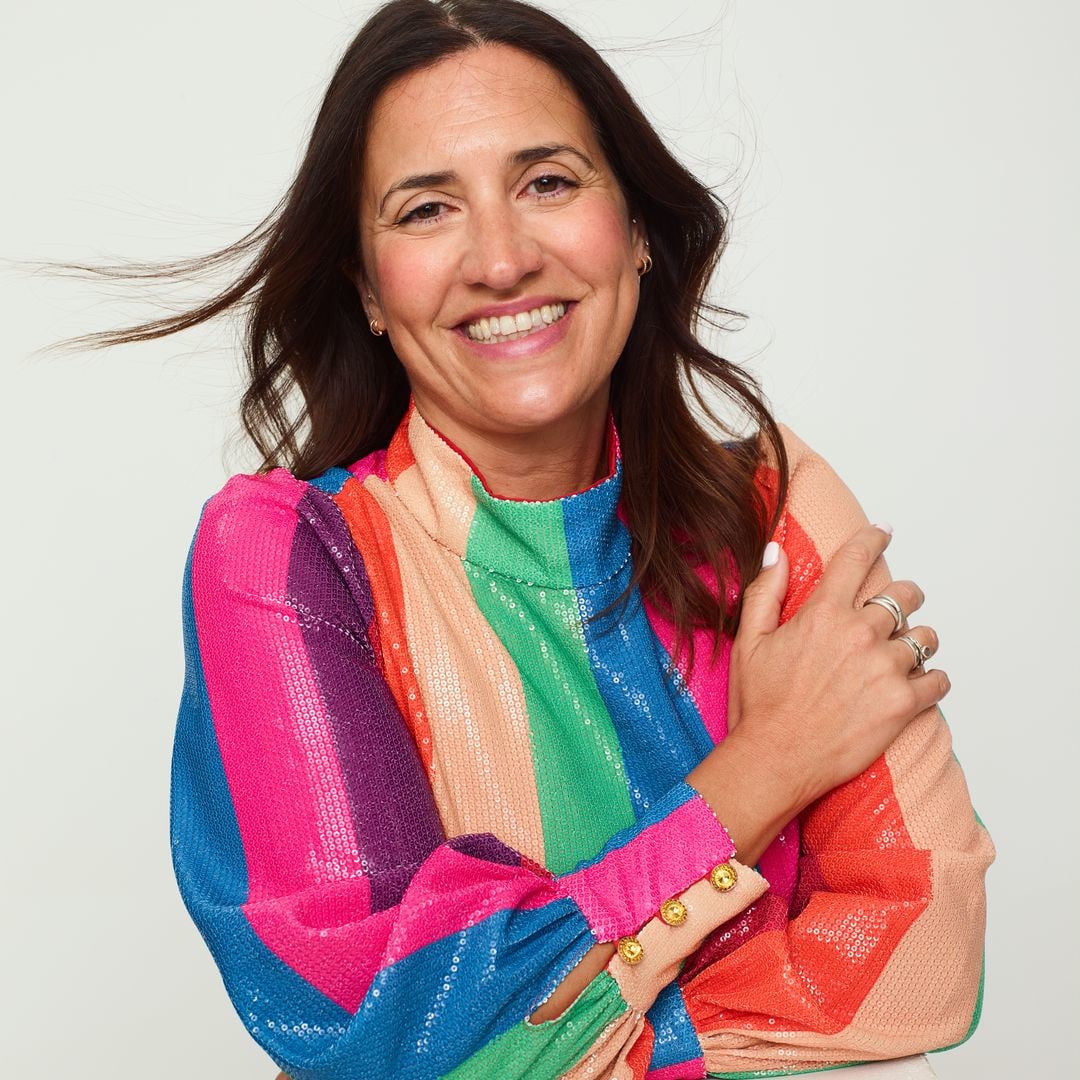If you're in perimenopause, chances are you've looked into hormone therapy - and equally likely, you've found yourself confused by the masses of information available.
OBGYN and founder of women’s health practice HerMD, Dr. Somi Javaid is on a mission to clear up the confusion around hormone therapy, making it clear and easy for women everywhere to understand the benefits of hormone therapy for perimenopause and beyond.
Dr. Javaid wants women to know that hormone therapy isn’t a one-size-fits-all solution and it’s more nuanced, flexible and effective than the myths suggest. To help you advocate for your healthcare and keep you well informed, Dr. Javaid debunks the most common myths surrounding hormone therapy.
Hormone therapy myths
Myth: I have a family history of cancer so hormone therapy isn't for me
This is one of the most common reasons that women automatically rule out hormone therapy, however as Dr. Javiad points out, while your family health history plays an important role in your menopausal treatment plan, it isn't the only marker to consider when evaluating your options.
"Most women are candidates for localized hormone therapy, and this can be life-saving," Dr. Javaid explains. "A family history of cancers or heart disease does not exclude you from being a candidate."
Dr. Javaid adds that as well as looking at family history, there are many tests and tools that assess your risk for heart disease or cancer, and these help guide informed, personalized decisions about your menopausal healthcare plan.
"I am a big fan of providing patients with data so they can choose to prevent disease, rather than chase it. There are tests that evaluate genetic mutations for cancer risk, screening cancer tests that look for active early cancers via imaging or blood testing and tests that can evaluate your risk of cardiovascular disease," she explains.
Myth: It's too late to start hormone therapy
If your periods stopped several years ago, you'd be forgiven for thinking it's 'too late' to start hormone therapy. However, the ideal time to start hormone therapy is actually 10 years after your last period which gives us plenty of time to get our hormones in check and get some normalcy back into our lives.
"Ideally, we understand the best time to initiate hormone therapy is within the first 10 years of menopause if you are trying to improve quality of life and prevent disease,” explains Dr. Javaid. However, this 10-year window is not the only opportunity to start. "I would not put an absolute number on this question either, as most women will still be candidates for localized therapy late in life.
"If your symptoms are negatively impacting your quality of life rather, you should seek answers and explore treatment options."
READ: How I eased my perimenopausal anxiety and hot flushes in 1 hour
Myth: I can't stay on hormone therapy forever
Dr. Javaid emphasizes that there is no strict timeline for stopping hormone therapy and factors such as a woman's age, overall health, and the type of symptoms she's experiencing all play a role.
"Every individual is different. There is no cut-off time where I advise someone to stop their hormone therapy unless they develop a contraindication to therapy or want to opt-out themselves."
Localized therapies, such as vaginal estrogen, can be incredibly effective for treating specific symptoms such as dryness or urinary issues and are often safe for women well beyond menopause. Systemic hormone therapy, on the other hand, may still be an option later in life but requires a thorough evaluation by your healthcare team.
INSPIRATION: I promise you will learn to love your life again after menopause
Starting hormone therapy
If you’re curious about hormone therapy, regardless of your age, Dr. Javaid advises that it's best to start by consulting with a trusted healthcare provider who specializes in menopause. Ask about your options, including both systemic and localized hormone therapies, and weigh the potential benefits and risks.
"Women deserve to feel their best at every stage of life. Whether you’re 50, 60, or even older, there are treatments available to help you thrive."


